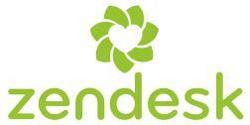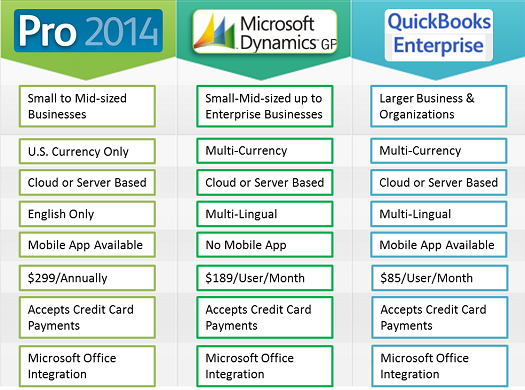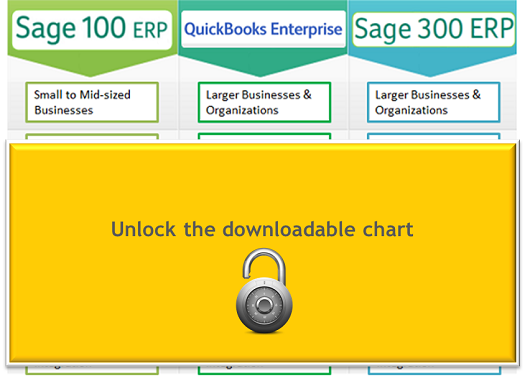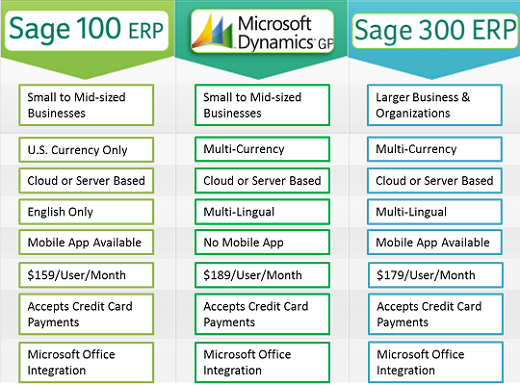
There are some exciting developments on the customer service front. Keeping your customer engaged, involved and in control is a recipe for a successful and profitable long term relationship. Navigating a fast-paced business world is difficult enough and with so many people now working on the go, it is imperative to make sure that everyone – both clients and team members – are on the same page and connect at any time.

Utilizing customer service support ticket software is a great way to achieve that and zendesk is rapidly becoming an industry leader. zendesk is a cost-effective solution that pools together support tickets and enables your business to work more effectively with less clutter. Best of all, zendesk seamlessly integrates with popular CRMs like Sugar, Salesforce and Microsoft CRM. With zendesk, no matter how busy a day gets, the conversation will remain in one central location which ultimately means that a customer’s issue gets resolved quicker and on their time.
Now, simply getting customer support ticket software is one thing. But once you get it, what do you do with it? We have set up a downloadable white paper to give you ten tips on how zendesk can benefit your business.


Setting the stage for Microsoft Dynamics vs QuickBooks Enterprise requires attention to business scale. Dynamics GP works for mid-to-large sized businesses whereas QuickBooks has options that can work across all business sizes (for a price). QuickBooks is still not a very popular option amongst very large businesses, who nowadays are looking for a true ERP solution. Both tools handle multi-currency and multi-lingual applications (as opposed to QuickBooks Professional). Although the debate about the viability of mobile accounting applications still rages, QuickBooks is prepared with a very good mobile app compared to Dynamics.
For more comparisons between Quickbooks, check out our blogs “QuickBooks Enterprise vs Sage 100 ERP” and “QuickBooks vs PeachTree — Complete Comparison Guide”
For more comparisons of Microsoft Dynamics, check out our “Microsoft Dynamics GP vs Sage 100 ERP” blog.
Microsoft Dynamics is a little bit more expensive versus QuickBooks, but as a cloud based solution, Dynamics has much more maturity as a software package than Enterprise. Larger companies may have the money to host Dynamics on-premise as opposed to in a cloud, but most companies can’t afford to run Dynamics on-premise (whereas QuickBooks is cheap to run on-premise). Next, you’ll want to look at how each software integrates with your customer database, marketing software and P.O.S. system. For more on that, download the full versus guide below.


Softwarefit sets up a versus match-up comparing QuickBooks Enterprise vs Sage 100. True ERP software (Sage) has many more built in features than QuickBooks, but does that mean it is better? For some people, it does not. QuickBooks is great at writing checks, but struggles to report on data (like finances). An ERP system like Sage 100 has out-of-the-box reporting.
We set up a downloadable chart to compare Sage 100 vs QuickBooks Enterprise. You can download it below.

Before you download the chart, it is important to note the difference between ERP and accounting:
We can sum up the difference in this quote from BrainSell:
ERP software processes work orders, billing of materials and performs inventory services in addition to everyday accounting activities.
What should you be looking out for when comparing accounting software like QuickBooks and Sage ERP software? For starters, licensing costs (how much is this stuff going to cost me?). Depending on the size of your company, you may be interested in hosting your software on-premise or in the cloud. Most smaller companies (100 employees or less) choose to go with cloud-based ERP software, while smaller companies tend to host accounting software (QuickBooks Enterprise) on-premise (self-hosted).
To get all the same ERP software features with QuickBooks requires that you pay for add-ons. Depending on how many you get, QuickBooks Enterprise can still be cheaper than Sage 100, but Sage has even more options no matter what you add to Enterprise.
To compare costs between QuickBooks and Sage, download the chart below from our landing page. We’ve also taken the liberty of including Sage 300 (made for larger companies) in our comparison chart.
True Comparison: Quickbooks Enterprise vs Sage 100 ERP —

Detailed in the downloadable chart:
- Typical company size that deals with QuickBooks Enterprise vs. Sage 100
- Does the software handle more than one currency?
- Is the software typically hosted on a cloud or on-premise?
- Does the software handle more than one language?
- Is there a solid mobile app for each product?
- How much is the software going to cost (pricing)?
- How does the software integrate with my CRM and marketing systems?
We formulated this snazzy ERP versus chart to compare Microsoft Dynamics GP vs. Sage 100/300 software. Each of the platforms provide similar functionality, however, each software suite is only as good as the person using it. Different facets of business find uses for ERP software in different ways.
Ideal industries for Microsoft Dynamics GP and Sage 100:
- Manufacturing
- Smaller business services organizations (programmers/developers)
- Medical
- Wealth Management
- Retail
Ideal industries for Microsoft Dynamics GP and Sage 300:
- Hospitality
- Waste Management
- Larger business services organizations (IT/developers)
Sage 100 works better for domestic companies, because unlike Sage 300 it does not have multi-currency and multi-language functionality. This especially benefits industries like hospitality and other multi-national organizations. This kind of functionality represents the primary difference between Sage 100 versus 300.
Versus Sage’s software offerings, Microsoft Dynamics is a more scalable system, but not necessarily better. Microsoft Dynamics GP forms an all-in-one accounting platform where add-on modules can be purchased to suite different companies. Versus Sage, Microsoft has more non-native add-ons. Sage’s add-ons are almost entirely created by Sage themselves.
Comparison Chart: Microsoft Dynamics GP vs. Sage 100/300 ERP:

Image Courtesy: BrainSell
To learn more about Microsoft Dynamics GP versus Sage 100 and 300, download our ERP white paper!










